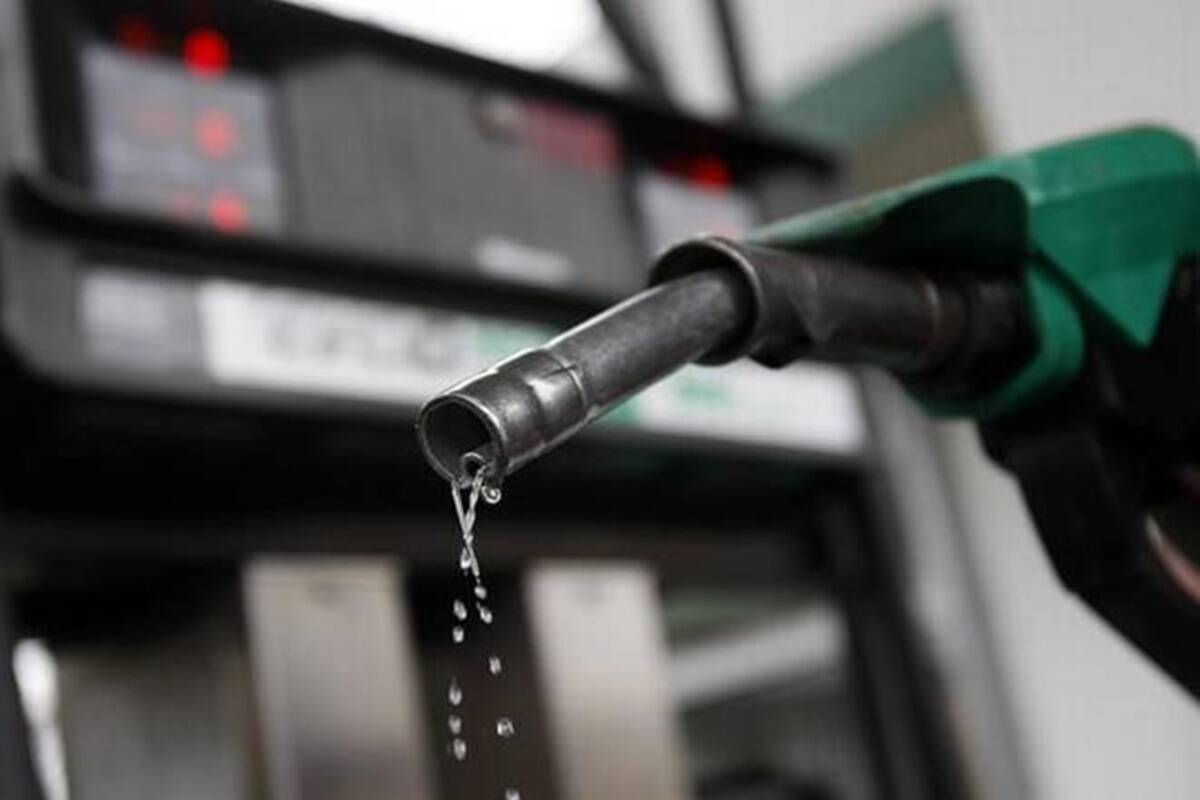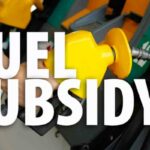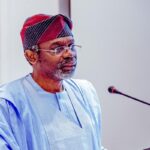The recent clarification on the suspension of subsidy removal is just the tip of the iceberg when it comes to their flip-flopping policies. This policy has always been a hot potato, with attempts to scrap or shrink it repeatedly hitting a brick wall. Labour unions and civil society groups have dug in their heels, arguing that the subsidy is a lifeline for the masses.
While the government’s move to involve incoming officials in the reform committee seems like a step in the right direction, it’s only a drop in the bucket. What we need is a game-changer, a paradigm shift that aligns Nigeria’s energy policy with global best practices. The committee’s success hinges on its ability to walk the talk and cut the mustard.
Fuel subsidy reform is a problem shared by many countries, and many have dealt with it, which means there’s safety in numbers. Other countries’ experiences with subsidy reform can serve as a lighthouse, guiding Nigeria through the rocky waters of this thorny issue.
We can take a page out of their book and learn from their successes and missteps, as the proof of the pudding is in the eating. It’s high time we stop reinventing the wheel, hit the ground running, and take advantage of the valuable lessons other countries have learned the hard way.
- Obasanjo commissions 23.4km road in Akwa Ibom
- Senate presidency: Akpabio, Yari scramble for PDP senators
From Asia, Indonesia has successfully reduced its fuel subsidies by more than 90 per cent between 2014 and 2016, saving about $15.6 billion in public spending. Low oil prices, strong political leadership, effective communication, and social protection measures facilitated the reform. The government used the savings to increase spending on infrastructure, health, education, and social assistance programmes.
India gradually eliminated its petrol and diesel subsidies between 2010 and 2014, replacing them with a market-based pricing mechanism. Low oil prices, gradual price adjustments, and direct benefit transfers to consumers enabled the reform. The government used part of the savings to invest in renewable energy, energy efficiency, and rural electrification.
In Africa, Egypt has embarked on a comprehensive fuel subsidy reform programme since 2014, aiming to phase out all subsidies by 2022. Fiscal pressures, economic reforms, and IMF support drove the reform. The government has implemented gradual price increases, automatic pricing mechanisms, and social protection measures. The government has used the savings to expand social safety nets, health insurance, and public services.
Morocco successfully removed its petrol, diesel, and fuel oil subsidies between 2012 and 2015 and introduced a price indexation system. The reform was motivated by fiscal deficits, external imbalances, and social demands. The government has adopted gradual price increases, effective communication, and targeted compensation schemes. The government has used part of the savings to reduce public debt, increase public investment, and support social programmes.
The success stories of other nations have proven that Nigeria can remove the fuel subsidy without rocking the boat. The naysayers quickly cast aspersions on what the government will do with the newfound wealth. But with every cloud comes a silver lining, and the subsidy savings can be put to better use through more finely tuned social programmes that hit the nail on the head for the most disadvantaged citizens.
The possibilities are endless, from cash transfers to better public transportation, improved healthcare, education, and infrastructure. It is time for Nigeria to hit the ground running, take the bull by the horns, and seize the opportunity to turn a new leaf.
The government can use the savings from fuel subsidy to provide direct cash transfers to poor households, conditional on their participation in health, education, or employment programmes. Cash transfers can help to reduce poverty, improve human capital, and stimulate local economies.
The government has already secured $800 million from the World Bank to scale up its national social programme before removing fuel subsidy. The government can use the savings from fuel subsidy to subsidise public transportation in urban and rural areas, such as buses, trains, or taxis. These programmes were implemented during campaigns around the country.
The government has spent more on fuel subsidies than healthcare in recent years. The government can use the savings from fuel subsidy to enhance the access and quality of education for the population, especially for girls and youths. Education can help to increase literacy, skills, and employability and reduce inequality and social problems. The government has spent more on fuel subsidies than on education in recent years. The government can use the savings from fuel subsidy to invest in infrastructure development, such as roads, bridges, electricity, water, and sanitation.
Infrastructure can help to improve connectivity, service delivery, and economic growth and reduce poverty and regional disparities. The government has faced challenges in financing its infrastructure needs due to fiscal constraints.
At the end of the day, the fuel subsidy is a double-edged sword with pros and cons that Nigerian policymakers must weigh carefully.
The fuel subsidy issue in Nigeria is intricate and disputed, with benefits and drawbacks for the country and its citizens. It’s a matter of balancing immediate gratification versus future repercussions or choosing between robbing Peter to pay Paul and killing the goose that lays the golden egg. Therefore, the policymakers must recognise that its removal is a trade-off between short-term benefits and long-term costs or between social welfare and economic efficiency.
The decision to maintain or remove the fuel subsidy hinges on the next government’s political, economic, and social priorities and preferences.



